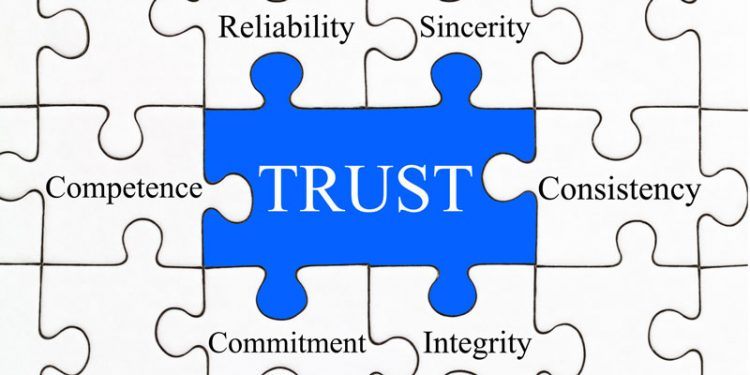Brand Strategy, Corporate Communications

Anyone involved in advertising will probably have experienced some variation of that situation where a guest at a party asks you: “How can you justify selling people things they don’t need?” To which my response is to enquire if they’ve ever bought anything they didn’t need as a result of seeing an ad. They will generally strenuously refute this, but assert that less sophisticated folk need protecting from themselves.
There is, however, an important question that underlies this exchange. It concerns the wider moral role of advertising in society. Before you dismiss this as an oxymoron, bear with me.
The threat of an adverse ASA judgement – coupled with the fact that businesses can be tried and convicted almost instantly at the bar of social media opinion – makes advertisers more responsible on the whole than journalists, PRs, or ‘post-truth’ politicians. And of course in financial services the penalties for non-compliance are even more draconian, with the risk of a company losing its licence to practise, and individuals potentially going to prison.
But over and above this, does advertising have a wider social purpose to perform? I would suggest that it does – or should. It offers choice, of course; something that is essential to a free market society.
And far from manipulating, it can actually expose – laying brands bare to the scrutiny of the public, providing easy access to the relevant facts that enable informed choice, and thus ensuring that only the fittest will ultimately survive; especially if you believe in the Wisdom of Crowds.
Arguably, this responsibility weighs most heavily on financial services advertisers. After all, their clients are making decisions about their savings, their home, or their retirement. The trust involved has a much more fundamental impact than when choosing a bottle of shampoo or a box of breakfast cereal.
The final benefit of advertising is less tangible. It is the most democratic and populist cultural medium. Whereas much art, literature and music is inaccessible to many people – sometimes, it would seem, deliberately so – advertising must strive for the broadest appeal, whilst exposing its audience to the best in design, film, photography, typography and humour. Even, dare I say, to beauty.
Of course an awful lot of advertising falls woefully short of this ideal; but that just makes it more urgent to strive for it. It only takes a few rogue elements to compromise the public trust in advertising as a whole.
It is as if the trust you have in your own marriage relied on your trust that all marriages over the world will be happy. Needless to say that this is a lost cause.
The solution is to create an industry within the advertising industry. To narrow down the scope of trust so that it applies only to those partners who are recognised as reliable.
Labels can guarantee the origin of your product, its manufacturing process (organic), its content (vegan, nut-free, gluten-free), or its economic sourcing (fair trade, environmentally friendly). This allows brands to build up a relationship of trust based on shared values.
In the same way, the advertising industry needs a “content certified as advertised” guarantee, which would bring to an end over-claims, approximations or manipulation. This assurance could be represented by a universally-recognised label stamped on ads. It could also be the defining characteristic of an individual agency, whose logo in the corner of an ad would certify their pledge to a civic-minded approach.
If ever an industry needed to bank some positive trust, it’s financial services right now. Advertising could be the place to start.
Jacques Seguela famously entitled his autobiography: ‘Don’t tell my mother I work in advertising, she thinks I’m a pianist in a brothel’. A great title, but let’s ensure it is an outdated one.
Advertising is dead. Long live advertising!
